November 2019
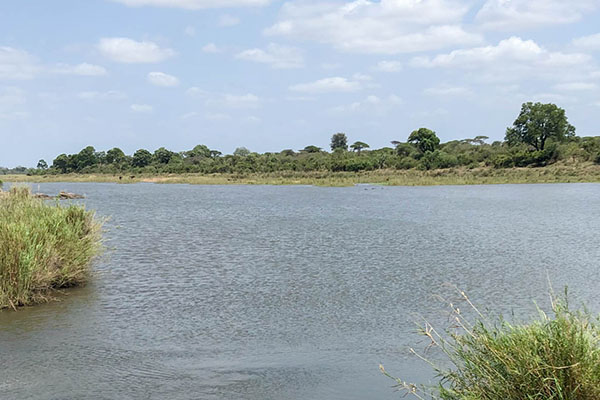
AI Pilot to Address Transboundary Water Challenges in Southern Africa
November 21, 2019
Worldwide, more than 263 watersheds and 300 aquifers are known as transboundary, meaning they cross the political boundaries of two or more countries. The people who rely on these water sources are intrinsically linked locally across borders and regionally with intensive urban and industrial water uses, thus creating a system of hydrological, economic and social […]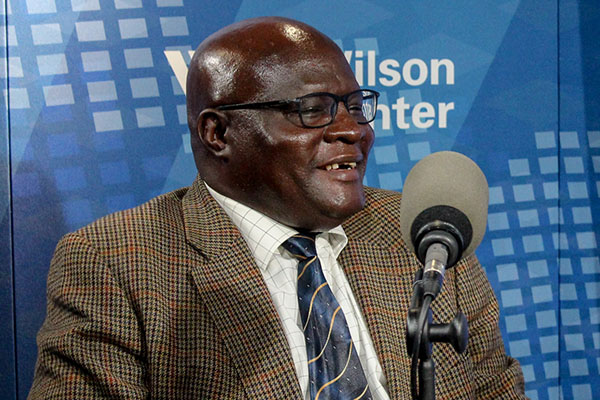
SWP’s Gordon Mumbo Appears on Water Stories Podcast
November 21, 2019
“If you live in the developed world or in some urban centers, then the supply of water is guaranteed,” said Gordon Mumbo, team leader for Sustainable Water for the Mara River Basin, a project of Winrock International and USAID’s Sustainable Water Partnership, in this week’s Water Stories podcast. When you wake up, you expect water to flow […]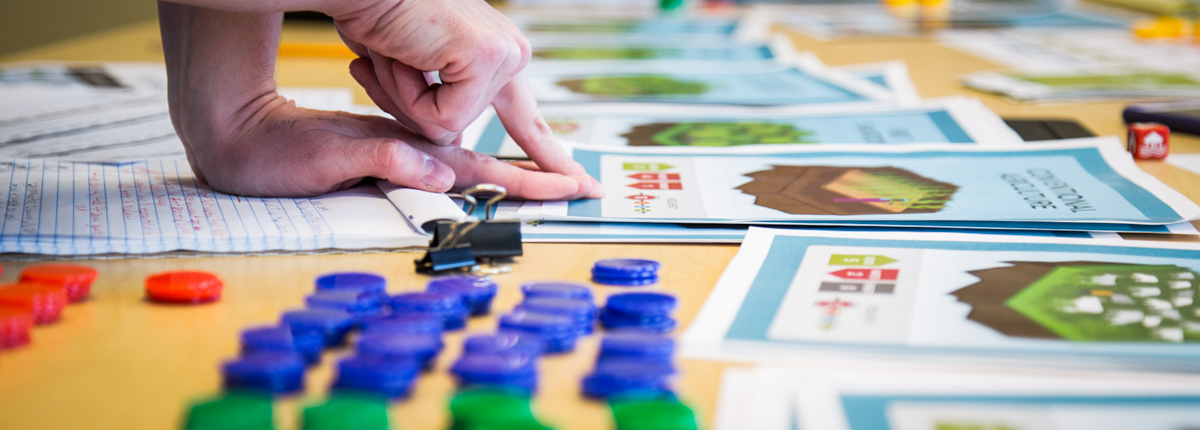
What’s in a Game?
November 13, 2019
This article was originally published in USAID’s Climatelinks. In Ghana, a changing climate is affecting the production of cocoa, one of the country’s major cash crops and its second leading foreign exchange earner. USAID and Winrock International worked together to produce ECO Game: Northern Ghana to provide communities with a better sense of land use planning […]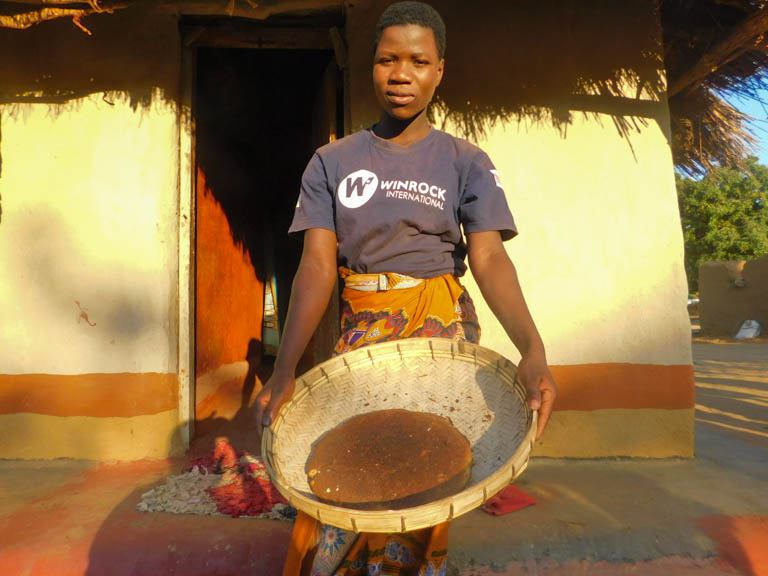
Girl Power in Zambia
November 12, 2019
Like many girls in Mphunda Village, Zambia, 17-year-old Rabecca Mtonga dropped out of school at the age of 11. With no prospects for reentering school or getting vocational training, she married Bruno Nyirongo at age 15 and now has a young son. Despite dropping out of school, Mtonga still dreamed of running her own business […]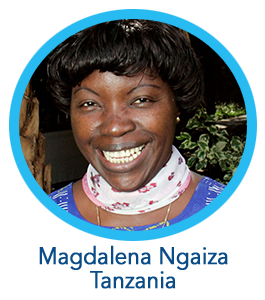
Mary Opoku-Asiama
November 11, 2019
Imagine a room filled with more than 50 secondary school students, many just starting to think about their future goals. On this particular day, students in Accra, Ghana are learning about careers in agriculture. Contrary to what many in the room think, it’s not just about farming. Rather, they might become forestry experts, wildlife conservationists, […]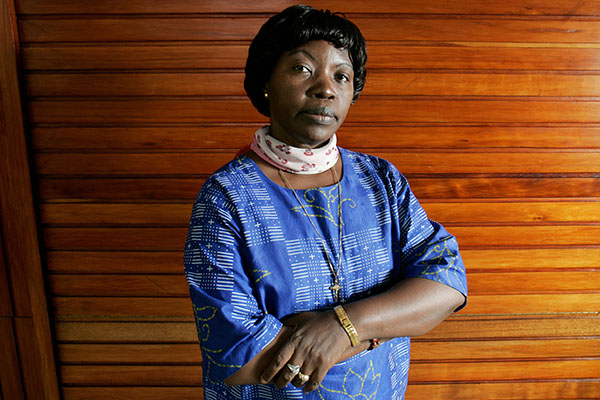
Magdalena Ngaiza
November 11, 2019
“When you give your light to someone else, the whole space becomes brighter,” says Dr. Magdalena Ngaiza. In living her philosophy, Ngaiza, a senior lecturer in development studies at the University of Dar Es Salam, has devoted much of her career to empowering Tanzania’s farmers – both men and women. Raised in a large family […]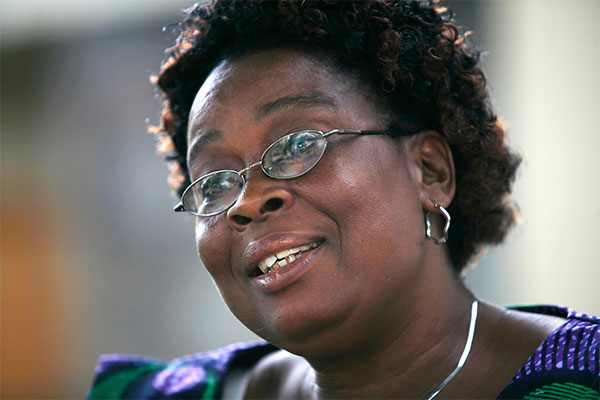
Chinyere Aniedu
November 11, 2019
As a young woman, Chinyere Aniedu rebelled against the status quo, postponing marriage until the age of 27 and committing herself to higher education. Today, she is outspoken on issues of gender equality. Among her achievements, she rallied her female peers at the Institute to demand the same compensation as men, who were paid twice […]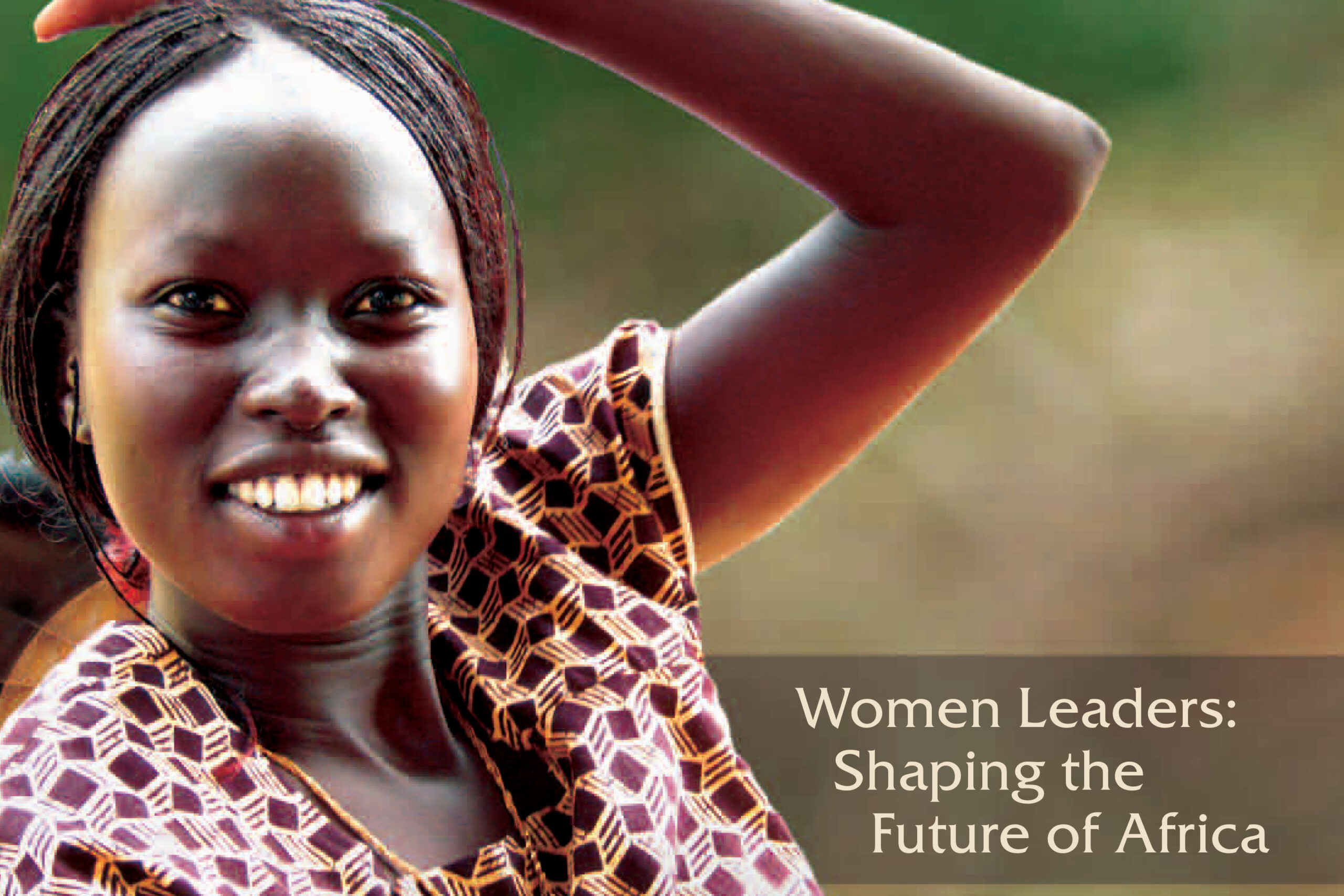
Helping Women Shape the Future of Africa
November 11, 2019
A Winrock Legacy Story The African Women Leaders in Agriculture and the Environment (AWLAE) program began in 1989, just four years after Winrock’s founding. Stemming from its Rockefeller legacy — in particular the capacity-building of its legacy organization the Agricultural Development Council — the AWLAE program addressed the lack of highly educated African women in […]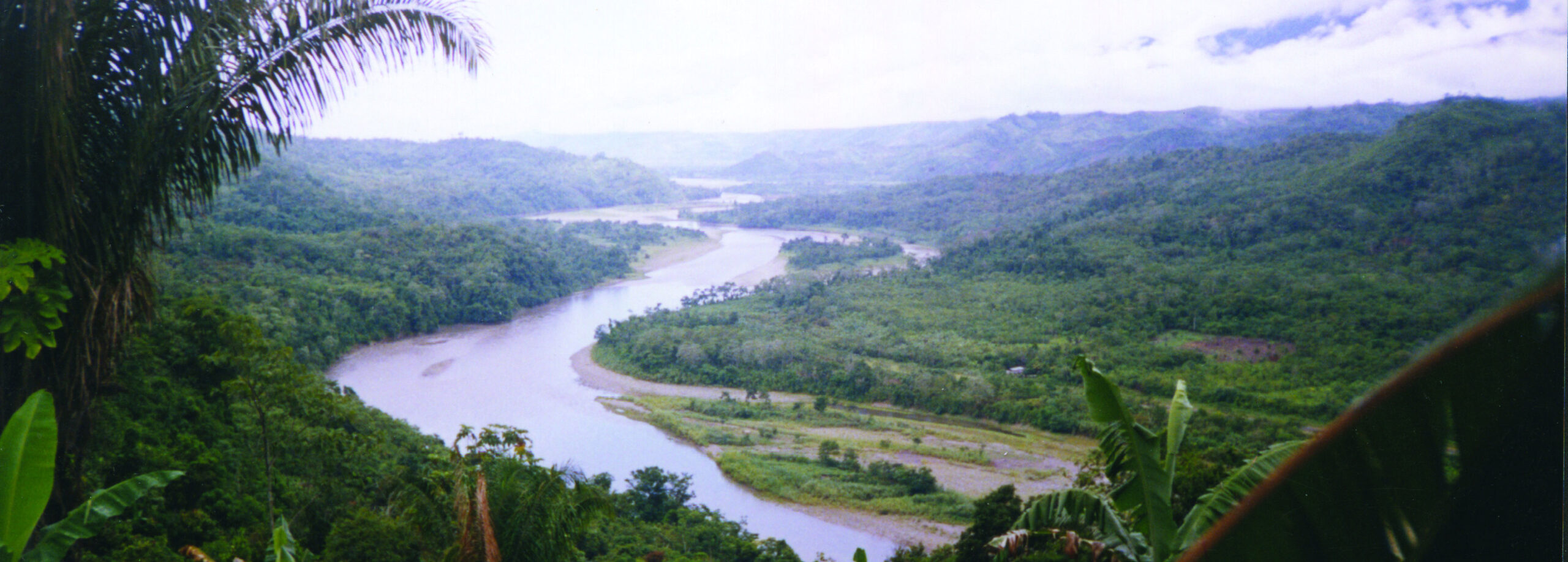
Encouraging Climate Optimism in Peru
November 6, 2019
“Between 1962 and 2016, Peru lost over 54 percent of its total glacial area.” “More intense rain events are expected, especially during El Niño years, increasing the risks of floods and landslides.” These were among the sobering facts about climate change that my team and I presented during workshops we delivered on behalf of the U.S. […]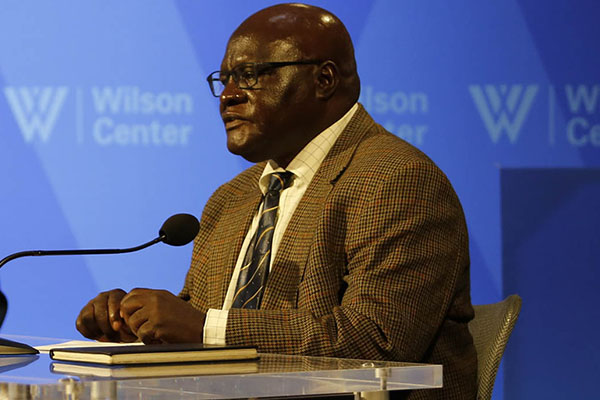
Hidden Forces: The Role of Water in Economic Prosperity
November 4, 2019
“If you woke up one morning and found the taps in your house were dry, the first thing many of us here would do is pick up our phone and call the utility,” said Gordon Mumbo, Team Leader for Sustainable Water for the Mara River Basin, Winrock International. But for people living in the Mara […]